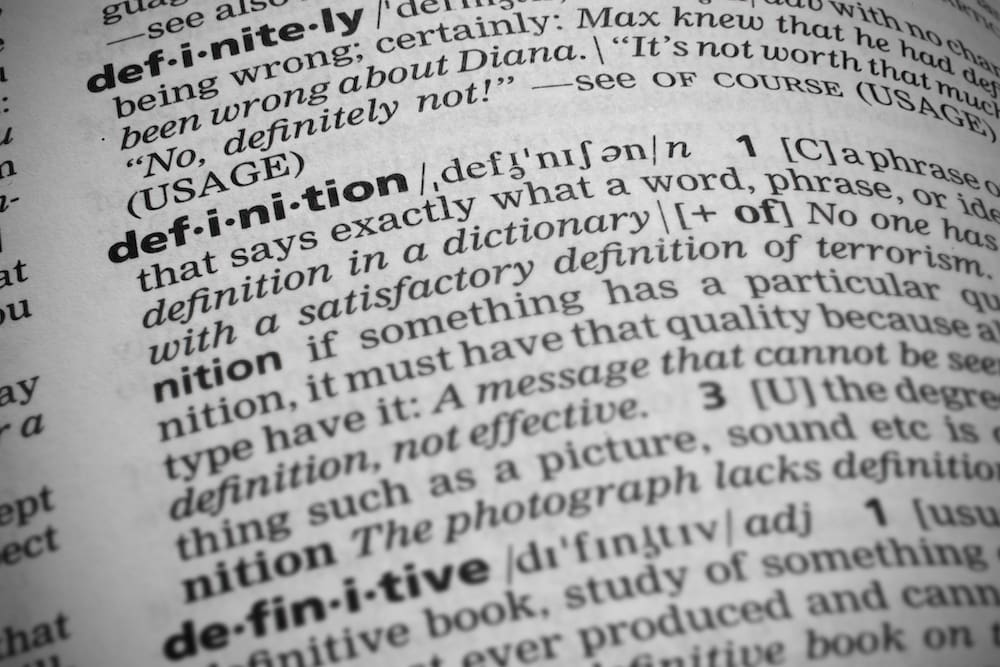Whether you’re self-employed, a sole trader or one of the many company directors that run a small business, finding the right mortgage can be a tricky process. This guide will detail everything you need to know about mortgages for the self-employed so that you can find one that meets your needs and gets you approved.
How do mortgages for the self-employed work?
What is a mortgage?
A mortgage is a loan that is used to purchase a property. The property is usually a home, and the loan is secured by the home as collateral. Mortgages are typically repaid over years, and the payments are made every month. Mortgages can be obtained from banks, credit unions, and other financial institutions.
How do mortgages work for the self-employed?
There are a few key ways in which mortgages for the self-employed differ from those offered to an employed applicant. One of the main differences is how income is calculated. For the self-employed, mortgage lenders will typically require tax returns and/or accountant’s letters to assess affordability. They may also request additional documentation such as business accounts and bank statements. Another key difference is that the self-employed may be offered a shorter loan term, as lenders view them as a higher risk.
Possible problems when getting a mortgage as a self-employed person
There are a few potential problems that the self-employed might come across when applying for a mortgage. One of the main issues is proving income. This can be difficult if you don’t have up-to-date tax returns or accountant’s letters. Another potential problem is that you may be offered a shorter loan term, as lenders view you as a higher risk. Finally, it’s important to make sure that you disclose all of your financial circumstances to the lender, as failure to do so could result in your application being rejected.
What do I need for a mortgage self-employed?
What documents do you need to be self-employed and apply for a mortgage?
When you apply for a self-employed mortgage in the UK, lenders will require tax returns and/or accountant’s letters to assess affordability. They may also request additional documentation such as business accounts and bank statements.
How to show income when self-employed and applying for a mortgage?
If you’re self-employed and applying for a mortgage, there are a few things you’ll need to do to show your income. Here are some tips:
- Get an accountant to prepare your accounts.
- Show at least 2 years’ worth of accounts.
- Include details of your business expenses.
- Make sure your accounts are up to date and include net profit as well as gross profit.
- Keep track of your business income and expenditure.
- Use a tax return or SA302 form to prove your income and access up-to-date tax returns.

How many years or months of accounts does a self-employed person need for a mortgage?
How long do you need to be self-employed for most mortgage lenders?
Typically, most mortgage lenders will want to see that you have been self-employed for at least two full tax years before they will consider you for a mortgage. This is because they like to see a good track record of income when assessing your affordability.
What if you’ve only been self-employed for 1 year? Are there mortgages available?
There are a few specialist lenders who may consider mortgages for self-employed with 1 years accounts. However, you may have to pay a slightly higher rate of interest
Top Tips for those looking to apply for a self-employed mortgage.
Here are a few tips that can increase your chances of being approved for a mortgage as a self-employed person:
Make sure you have a good credit score
As a self-employed person, one of the most important things you can do to improve your chances of being approved for a mortgage is to make sure you have a good credit score. Your credit history is a measure of your financial health, and it is used by lenders to determine whether or not you are a good candidate for a loan.
If you have a high credit score, it will show lenders that you are responsible with your money and that you are likely to repay your mortgage on time. Conversely, if you have a low credit score, it could indicate to lenders that you are a higher-risk borrower and that they may be reluctant to lend to you.
One of the most effective ways of boosting your credit score is to make sure that you make all the payments due on your credit cards on time. It also helps to only use a small portion of the full amount offered to you, as this will show that you are responsible for your finances.
Create a strong financial profile
When you apply for a mortgage, lenders will want to see proof of your income and your employment history. As a self-employed person, you may need to provide additional documentation to prove your income. This will involve having all your financial documentation in order, including tax returns, P60s, bank statements, and proof of income.
Evidence of job stability such as contracts or payslips is also very useful, as these will prove to potential lenders that you have consistent work on your books and a good stream of income.
Shop around for the best mortgage rate
As a self-employed person, it is important to shop around for the best mortgage rate. Many different lenders offer mortgages, and each one may have different rates and terms.
It is important to compare different lenders to find the best deal for you. You can use the mortgage calculator widgets that you will find on the websites of many brokers to help you compare different lenders and find the best mortgage rate for your situation.
Have a large deposit saved up
Another very helpful but simple tip for a self-employed person that is looking to get a mortgage is to make sure they save up the largest deposit possible. This is because a large deposit will make you much more attractive to lenders, as they will class you as a lower risk.
Consider a shorter loan term
One way to make sure you can afford repayments on your mortgage as a self-employed person is to consider a shorter loan term. A shorter loan term means that you will have a lower monthly payment, which can make it easier to afford your mortgage.
However, you will need to make sure that you can afford the higher interest rate that comes with a shorter loan term. Also if you choose a regulated mortgage contract option as your short-term loan you must submit your application through an intermediary authorised and regulated by the Financial Conduct Authority. Search for authorised intermediaries here.
Another option if you have trouble proving your income, is to consider a guarantor mortgage. This is where someone else agrees to cover your mortgage payments if you can’t make them.
Get advice from a mortgage specialist
If you are self-employed and considering applying for a mortgage, it is a good idea to get advice from a mortgage specialist. A mortgage specialist can help you understand the different options available to you and can offer guidance on which option may be best for your situation.
Getting advice from a mortgage specialist can help you improve your chances of being approved for a mortgage and can help you get the best deal possible.
Choose CobbFarr For all your Bath or Bradford on Avon Property Needs.
Now you are better informed on the process of how to get a mortgage as a self-employed person you are also in a better position to buy the home of your dreams, and what better locations than the beautiful historic city of Bath or the quaint and charming town of Bradford on Avon?


